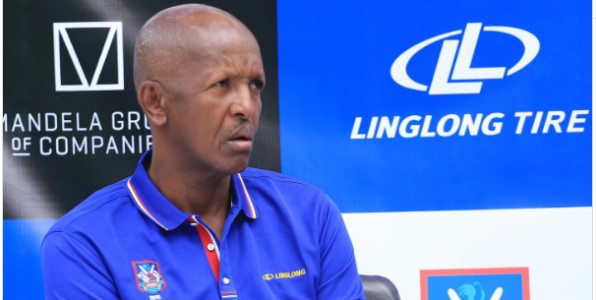In a landmark decision that reshapes the leadership of global sports, Kirsty Coventry has been elected as the new President of the International Olympic Committee (IOC), becoming the first African and first woman to hold the prestigious position in the organization’s 131-year history.
The 41-year-old Zimbabwean former Olympic swimmer and sports minister secured a commanding victory with 49 votes, decisively outpacing her rivals. Spanish candidate Juan Antonio Samaranch garnered 28 votes, while British athletics icon Lord Sebastian Coe suffered a humiliating defeat, finishing third with a mere eight votes.
A Landslide Victory Amid Fierce Competition
Coventry’s triumph marks a new era for the IOC, signaling a shift towards diversity and inclusivity in the upper echelons of international sports governance. Her resounding victory follows a contentious campaign, during which Lord Coe—a two-time Olympic gold medalist and president of World Athletics—was widely considered a frontrunner before his campaign faltered.
Addressing the IOC members in an emotional victory speech, Coventry expressed gratitude and optimism for the Olympic movement’s future.
“I am incredibly honored and excited to be elected as President of the International Olympic Committee! I want to sincerely thank my fellow members for their trust and support,” she said. “The future of the Olympics is bright, and I am committed to ensuring that our values of unity, excellence, and inclusion continue to thrive.”
Lord Coe’s Stunning Defeat
For Lord Coe, the election result represents a significant setback. A seasoned sports administrator credited with successfully delivering the London 2012 Olympics, Coe’s low vote count suggests that his vision failed to resonate with IOC members. His defeat underscores the growing desire for fresh leadership within the Olympic movement.
Coventry’s victory is expected to bring renewed focus on athlete welfare, youth engagement, and the expansion of the Olympic movement in underrepresented regions, particularly Africa. With Paris 2024 on the horizon and major decisions looming over the future of the Games, all eyes will now be on how she steers the world’s most prestigious sporting institution into its next chapter.
Her historic election not only shatters barriers but also heralds a bold new direction for the International Olympic Committee—one defined by inclusion, transformation, and progress.



